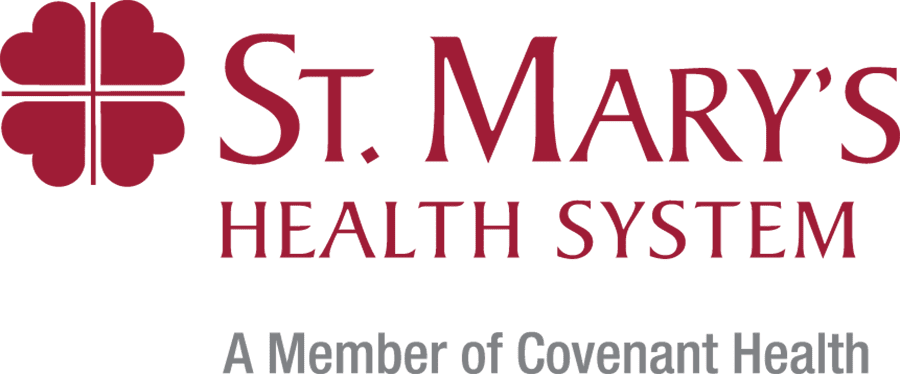Understanding Aphasia: Causes, Symptoms and Support
Recognizing Aphasia Awareness Month
Each June, we recognize Aphasia Awareness Month to shine a light on a condition that affects millions of people, yet remains widely misunderstood. Aphasia is a communication disorder that impacts a person’s ability to use or understand words. It often results from a stroke or brain injury, and its effects can range from mild trouble finding words to complete loss of speech and comprehension. By raising awareness, we can better support individuals living with aphasia and help build a more inclusive world that values all forms of communication.
What Is Aphasia?
Aphasia is a language disorder caused by damage to areas of the brain that control speech and language. It is not a disease itself, but a symptom of an underlying brain condition, most commonly stroke, followed by traumatic brain injury, brain tumors or progressive neurological diseases like dementia. Importantly, aphasia does not affect intelligence. People with aphasia know what they want to say, but struggle to find the words or construct sentences. This can make communication frustrating and isolating for both the person with aphasia and their loved ones.
Key Facts About Aphasia:
-
Over 2 million Americans live with aphasia
-
Nearly 180,000 people develop aphasia each year in the U.S.
-
Aphasia is more common than Parkinson’s disease, cerebral palsy or muscular dystrophy
-
Despite its prevalence, over 80% of people have never heard the word “aphasia”
Types of Aphasia
There are several different types of aphasia, depending on the location and extent of brain damage. Each type affects language abilities in unique ways.
1. Broca’s Aphasia (Non-Fluent Aphasia)
This type often results in slow, halting speech. People with Broca’s aphasia may understand what others are saying but struggle to form full sentences or find the right words. Speech is usually limited to short phrases.
2. Wernicke’s Aphasia (Fluent Aphasia)
Individuals with Wernicke’s aphasia can speak in long, complex sentences, but the words may not make sense or relate to the conversation. They often have trouble understanding what others are saying.
3. Global Aphasia
This is the most severe form of aphasia, affecting all aspects of language. People with global aphasia have very limited ability to speak or comprehend language and often cannot read or write. It usually results from extensive damage to the language-dominant side of the brain.
4. Anomic Aphasia
This milder form of aphasia causes difficulty finding the right words, especially names of people, places or objects. Comprehension and sentence structure are usually intact, but conversation can be slow and frustrating.
Common Symptoms of Aphasia
Aphasia can look different for everyone, but typical symptoms include:
-
Difficulty speaking or forming complete sentences
-
Trouble understanding spoken or written language
-
Substituting one word for another (for example, saying “table” instead of “chair”)
-
Using made-up or nonsensical words
-
Omitting small words like “is” or “the” in speech
-
Inability to write or read properly
These challenges can vary day to day depending on fatigue, stress or the person’s environment.
Causes and Risk Factors
The most common cause of aphasia is stroke, which can interrupt blood flow to the brain and damage language centers. In fact, about one-third of stroke survivors experience some form of aphasia.
Other causes include:
-
Traumatic brain injury (TBI)
-
Brain tumors
-
Infections like encephalitis
-
Progressive neurological diseases such as primary progressive aphasia or Alzheimer’s
Risk Factors
Risk factors for aphasia are tied to the causes. Anything that increases the likelihood of stroke or brain injury, such as high blood pressure, smoking or traumatic accidents, also increases the risk for aphasia.
Diagnosis and Treatment
Diagnosing aphasia typically involves a combination of:
-
Neurological exams
-
Brain imaging such as CT or MRI scans
-
Speech and language evaluations conducted by a speech-language pathologist
Speech Therapy and Rehabilitation
There is no cure for aphasia, but speech and language therapy can significantly improve communication over time. Therapies are personalized and may include:
-
Practicing word recall and sentence formation
-
Using gestures or visual aids to support communication
-
Learning alternative communication methods or apps
-
Group therapy to build confidence and reduce isolation
Consistency and repetition are key. Many people make substantial progress even years after their initial diagnosis. At St. Mary’s, our licensed speech-language pathologists provide personalized care for individuals living with aphasia and other communication disorders. We work closely with each patient to build confidence, restore communication skills and support long-term recovery.
Support for Families and Caregivers
Caring for a loved one with aphasia can be emotionally challenging. Patience and encouragement are essential. Here are some helpful strategies:
-
Speak slowly and clearly
-
Use short, simple sentences
-
Allow time for responses without rushing
-
Use yes or no questions when possible
-
Encourage any form of communication, including drawing or gestures
Living With Aphasia
People with aphasia can lead full, meaningful lives. Maintaining social connection and a sense of purpose is important for mental and emotional well-being. Many communities offer support groups or social events for individuals with aphasia and their families. Technology has also expanded access to support tools, including communication apps, virtual therapy platforms and online support networks.
Aphasia and Mental Health
The sudden loss of language abilities can be devastating. Many individuals with aphasia also experience depression, anxiety or grief. Access to mental health support, peer connection and empathetic care teams can make a significant difference in emotional recovery.
How to Support Aphasia Awareness
During Aphasia Awareness Month, consider the following ways to help raise understanding:
-
Learn about aphasia and share what you’ve learned with others
-
Be patient when interacting with someone who has difficulty speaking
-
Use inclusive language and avoid assumptions about intelligence or ability
-
Support organizations that provide resources and advocacy for aphasia
When to See a Doctor
If you or someone you know suddenly experiences:
-
Difficulty speaking or understanding speech
-
Confusion with language
-
Inability to read, write or find words
Seek immediate medical attention. These could be signs of a stroke or brain injury, and early treatment is critical.
For more information about aphasia, visit the National Aphasia Association.

